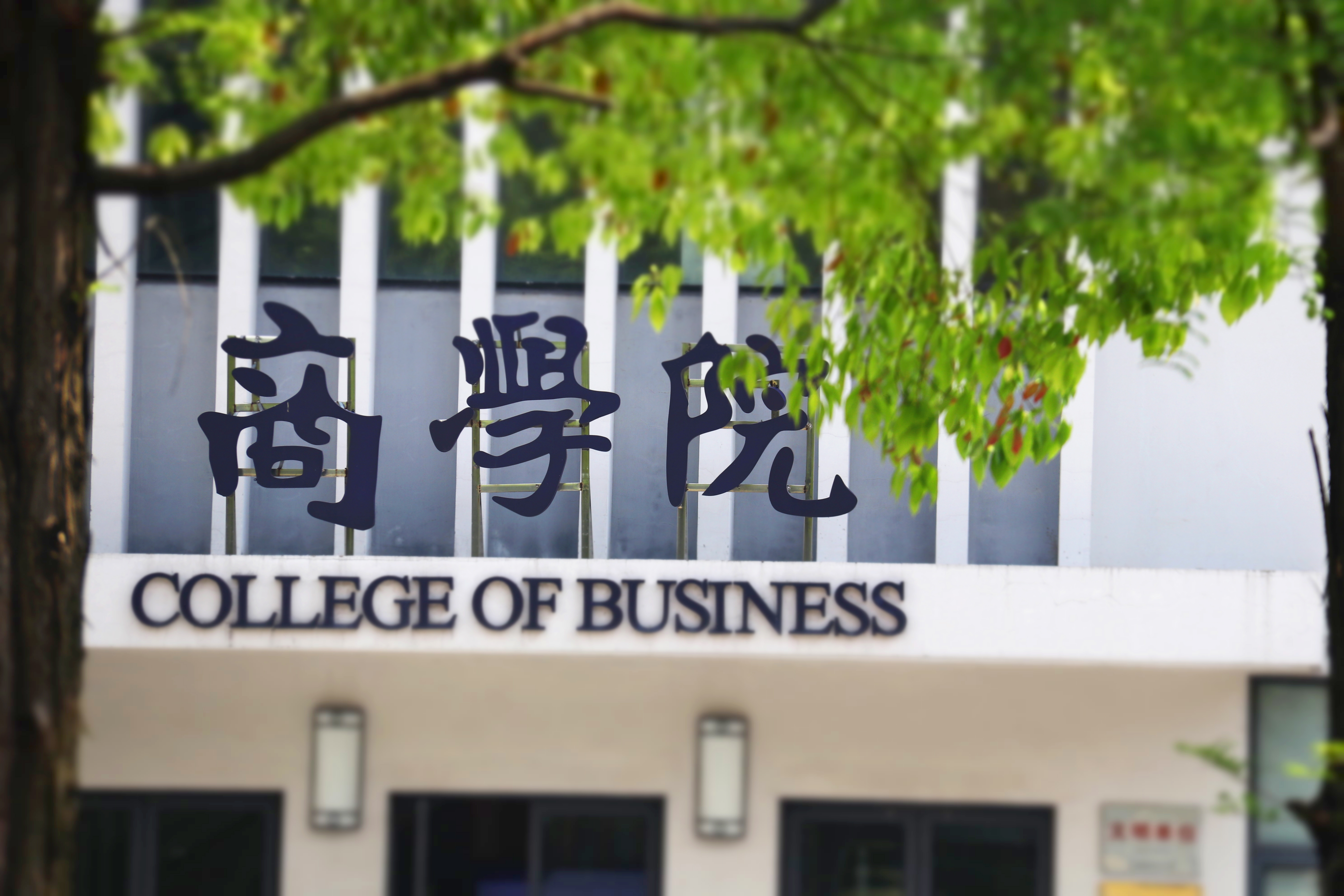A delegation from Anhui University—including Director of the Department of Humanities and Social Sciences Li Jing, Deputy Director of the Human Resources Department Li Liping, Party Secretary of the School of Economics Gao Mingwang, Associate Dean Jiang Yonghong, and Chen Zhanghangjian—visited SUFE COB for a research and exchange session focused on discipline development, research innovation, and talent cultivation. They were warmly received by Liu Zhiyang, Director of Office of Scientific Research at SUFE; Xu Min, Chair of COB Council; and Gao Wei, COB Associate Dean, among others.
At the meeting, Xu Min extended a warm welcome to the guests from Anhui University. She emphasized the longstanding relationship between the two institutions and emphasized that this exchange serves as a valuable opportunity for mutual learning and collaborative development. She expressed hope that through in-depth discussions, both parties could further strengthen cooperation in education, teaching, and scientific research.
Gao Mingwang, Party Secretary of School of Economics at Anhui University, outlined the purpose of the visit. He noted that SUFE has achieved remarkable results in disciplinary development, research innovation, and high-level talent recruitment. The visiy aimed to learn from SUFE’s advanced practices, particularly in terms of teaching reform and talent cultivation in the era of artificial intelligence. He also expressed the hope of attracting more outstanding doctoral graduates from SUFE to support the growth and development of Anhui University.

Liu Zhiyang, Director of the Office of Scientific Research at Shanghai University of Finance and Economics, gave a detailed overview of the university’s research development, with particular emphasis on key initiatives currently being advanced. Gao Wei, COB Associate Dean, presented the school’s disciplinary strengths, faculty development strategies, and achievements in community engagement, highlighting the innovative practices in talent cultivation and university-industry collaboration.
During the open discussion session, both parties engaged in a lively exchange on topics such as teaching reform initiatives in the era of artificial intelligence, innovative approaches to talent development, best practices in faculty building, and experiences in social service and university-local cooperation. Participants shared insights and reflections based on the specific contexts of their respective institutions, offering valuable perspectives on navigating the challenges and opportunities of digital transformation.


